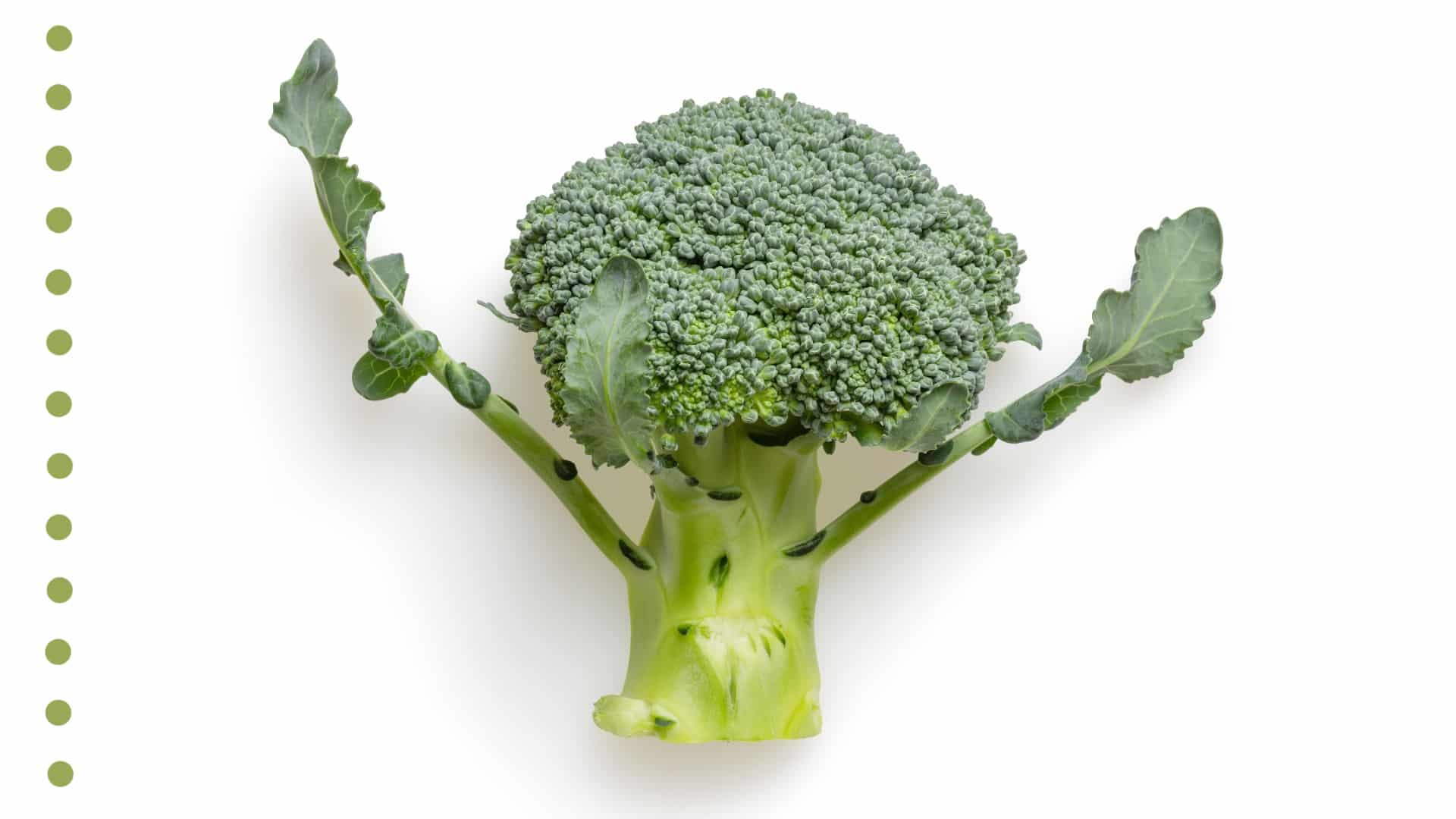What is chromium?
Chromium is an essential mineral that the human body needs in trace amounts. Chromium enhances the action of insulin, the hormone that helps blood sugar enter cells so it can be used for energy. It is also involved in the breakdown and absorption of carbohydrate, proteins, and fats. Vitamin B3 (niacin) and vitamin C help to improve the absorption of chromium.
Chromium is naturally present in a wide variety of foods, though only in small amounts, and is also available as a supplement. Chromium exists in two main forms: trivalent chromium (III) and hexavalent chromium (VI). Trivalent chromium is found in food and supplements and is not toxic. Hexavalent chromium is found with industrial pollution and is toxic and carcinogenic when inhaled.
Chromium Benefits
- Improves blood sugar control in people with type 2 diabetes
- Aids the breakdown and absorption of carbohydrates, proteins, and fats
- May help manage metabolic syndrome, polycystic ovary syndrome (PCOS), and blood cholesterol levels
How much chromium do you need per day?
Average daily recommended amounts are listed below in micrograms (mcg). 1 milligram (mg) is equal to 1000 micrograms (μg)
- Adult Women: 25 mcg
- Adult Men: 35 mcg
- Pregnant/Breastfeeding Women: 30-45 mcg
Natural sources of chromium
- Whole grains
- High-fiber bran cereals
- Broccoli
- Green beans
- Potatoes
- Apples
- Bananas
- Beef
- Poultry
- Egg yolks
- Fish
- Coffee
- Brewer’s yeast
Learn about chromium deficiency symptoms.
Further reading: Harvard School of Public Health, National Institutes of Health
